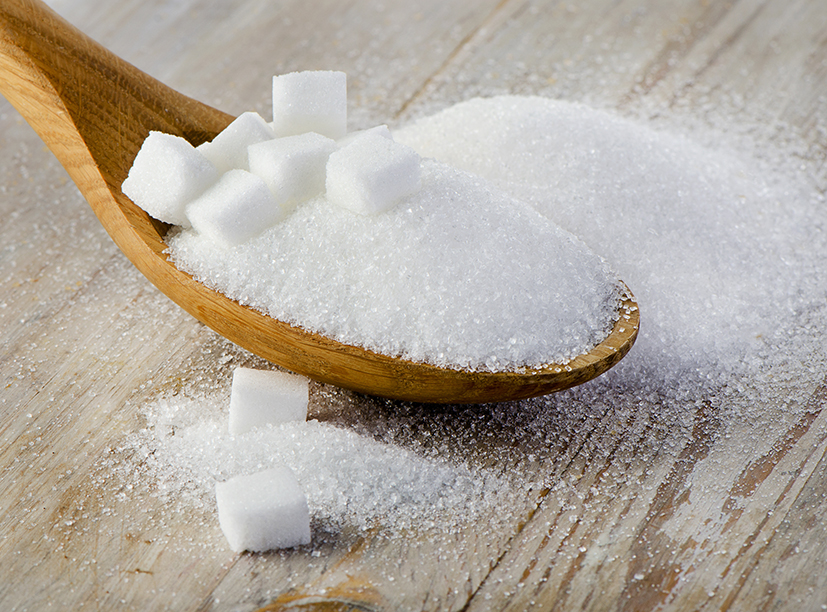The USDA’s decision to restrict specialty sugar imports beyond the limits established by international trade agreements has raised significant concerns within the food and beverage sector.
On July 17, the USDA confirmed that the tariff-rate quota (TRQ) for specialty sugar imports would remain capped at 22,000 tonnes, the amount specified under World Trade Organization commitments. This marks a shift from recent years, where additional specialty sugar imports, primarily organic sugar, had been allowed. In previous years, the USDA permitted imports totalling 210,000 tonnes, which will no longer be available for the 2025-2026 period.
The Independent Bakers Association (IBA) expressed strong objections, warning that the new restrictions would harm American businesses and consumers. The IBA argued that the policy would exacerbate already high input costs for US manufacturers reliant on specialty sugar imports. The association also raised concerns over rising domestic sugar prices, which are almost twice as high as global market rates, a situation that would further burden consumers.
In response to these objections, USDA officials cited the current challenges faced by domestic agriculture, including rising production costs and natural disasters. They highlighted the need to protect US sugar producers, who have experienced significant market losses over the past two decades due to the growing share of imported sugar.
However, critics argue that limiting access to additional specialty sugar imports will hinder innovation and distort market dynamics. Despite these concerns, the USDA’s decision does not affect high-duty sugar imports, which remain unaffected by the new policy.


